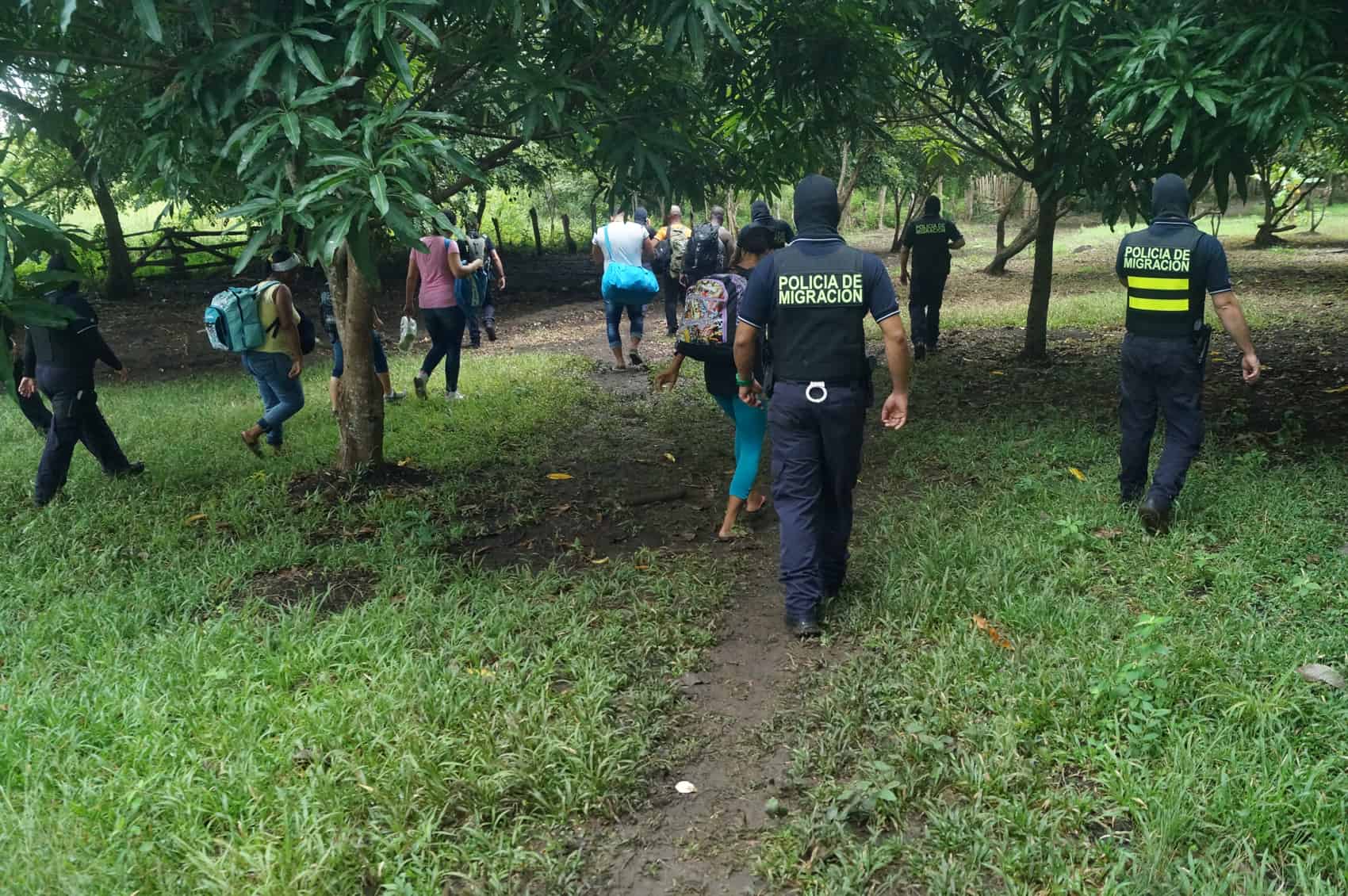MIAMI — The United States and Cuba held talks this week on human smuggling amid a surge in Cuban immigrants trying to reach the United States, the State Department said on Friday.
The “technical talks,” which took place from Feb. 1 to Feb. 4 in Miami, were announced only after they were wrapped up.
The delegations exchanged “information and best practices related to combating human smuggling and travel document fraud, which is important to advancing both countries’ commitment to ensuring safe, legal, and orderly migration,” the State Department said in a statement.
The number of Cubans trying to reach the United States has skyrocketed in recent months, with thousands traveling through Central America in their bid to reach the U.S. border, creating enormous strains in the region.
On Friday, the government of Costa Rica said it would begin flying Cuban migrants marooned in that country directly to Mexico. Two groups of some 180 Cuban migrants each — out of an estimated 8,000 in Costa Rica — have thus far departed by plane to El Salvador to continue their journey to the U.S. The flights, along with bus transportation to Mexico, were part of a breakthrough agreement reached among Latin American countries in December to resolve the migrant crisis.
The State Department said it was concerned for the safety of “all migrants” in the region attempting to enter other countries without a visa or other authorization.
“These dangerous journeys illustrate the inherent risks and uncertainties of involvement with smugglers and organized crime in attempts to reach the United States illegally,” the statement said.
See also: Why some Cuban migrants aren’t trying their chances with smugglers
More than 43,000 Cubans arrived in the United States by sea and land during fiscal year 2015, which ended in September, a level not seen in decades.
The exodus is thought to have been prompted by fears that the thaw in U.S.-Cuban relations will end the American policy of automatically accepting Cuban migrants as refugees.
Under U.S. law, Cubans fleeing their communist-ruled island are admitted and given access to fast-track American residency, a policy extended to no other nationality.
Before the recent spike, Washington stressed that it did not plan any change in the legislation governing Cuban migrants despite the reestablishment of diplomatic relations with Havana in July after half a century.
The topic of relations with Washington’s former Cold War enemy remains controversial in Miami — home to half the two million strong Cuban diaspora in the United States — although less so than in previous decades.
The two countries have held several meetings on topics including anti-drug cooperation, transnational crime and the environment since they announced their historic thaw in December 2014.






